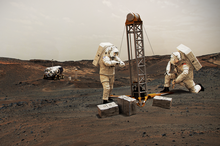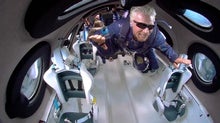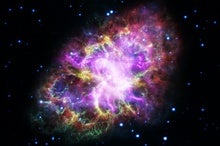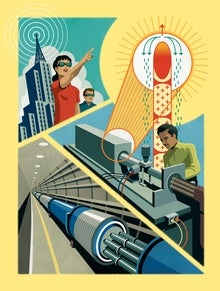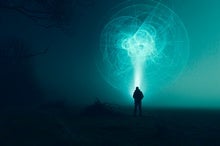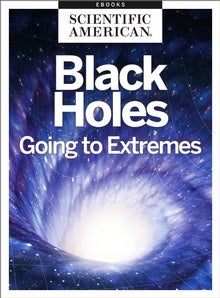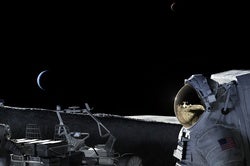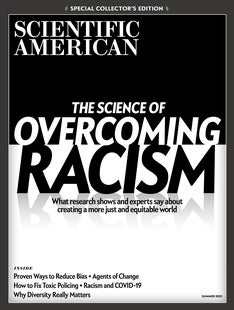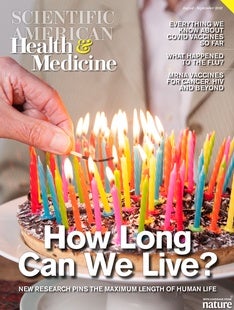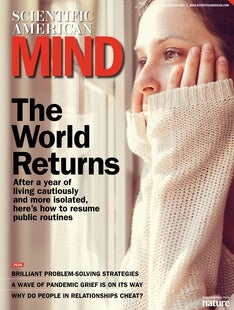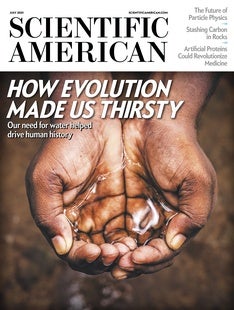 |
| July 15, 2021 |
Dear Reader,
This week, we're zooming in on research from the quantum realm that could have outsized effects on the macroscale world. Our lead story details three fresh results from scientists in China, each demonstrating a significant advance in quantum computing or communications over previous U.S.-led efforts. Is a global race to develop sophisticated quantum technology in the offing? Read on to find out. Elsewhere, we have stories about Richard Branson's trip to space, record-breaking cosmic rays from the Crab Nebula, the space-radiation risk for astronauts, and more. |
| |
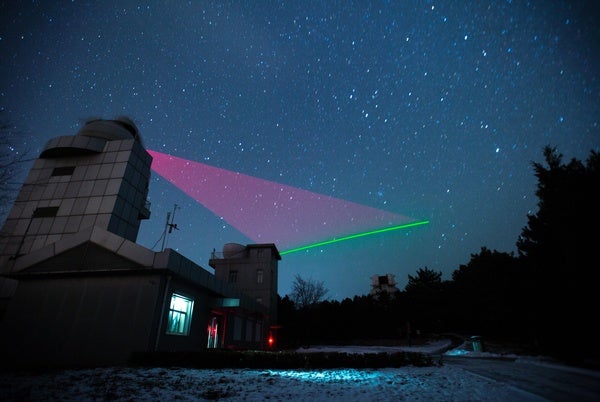 |
| |
| |
| |
| |
| |
| |
| |
| |
FROM THE STORE
 | | Black Holes: Going to Extremes Once dismissed as a mathematical curiosity, black holes are so strange they almost defy belief. Since their existence was confirmed, research into the nature of black holes has opened up new vistas in physics, and in this eBook, we examine some of the most fascinating discoveries about black hole formation and behavior, the new and evolving research in gravitational wave astronomy, theoretical possibilities such as wormholes and much more. |  | | |
| QUOTE OF THE DAY
 "I was once a child with a dream looking up to the stars. Now I'm an adult in a spaceship looking down to our beautiful Earth. To the next generation of dreamers: if we can do this, just imagine what you can do." Sir Richard Branson, Virgin Galactic founder | |
| |
FROM THE ARCHIVE
 | | Can a Moon Base Be Safe for Astronauts? Creating a sustainable human presence beyond low-Earth orbit requires a clear-eyed view of the risks—and rewards—inherent in spaceflight By Rebecca Boyle | October 2020 | | |
LATEST ISSUES
 |
| |
| Questions? Comments?  | |
| Download the Scientific American App |
| |
| |



